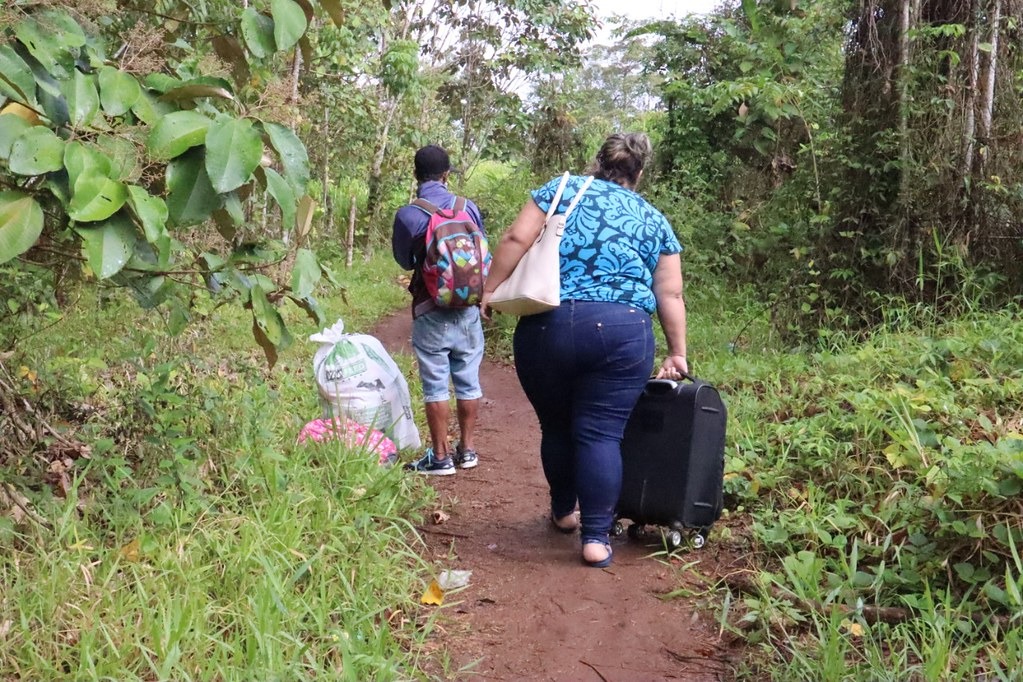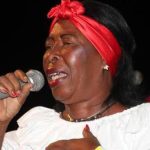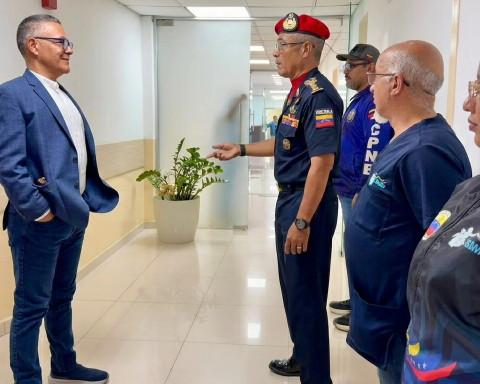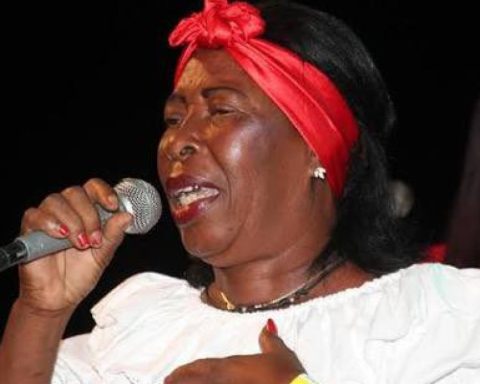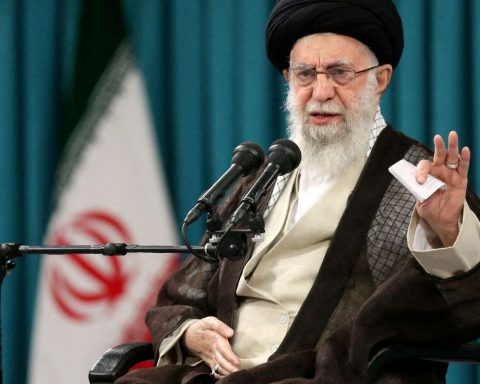The worsening of the repression led by the Daniel Ortega regime in Nicaragua, added to the increase in harassment, persecution and threats of criminalization, has led to an increase in the number of Nicaraguan political prisoners who emigrate to guarantee their freedom in the last quarter of the year.
The National Union of Nicaraguan Political Prisoners and Prisoners (UPPN) records that between January and November 2021, at least 30 political prisoners left the country, as a result of government persecution.
The months in which the most political prisoners have left Nicaragua, according to UPPN data, were September, October and November, when they counted 15 released prisoners who emigrated to destinations such as: the United States (7), Costa Rica (2), Mexico (2), Ireland (2), Honduras (1), and Guatemala (1).
Some of these Nicaraguans who decided to leave the country did so irregularly, due to “blind” spots on the borders, for fear of being detained by the Nicaraguan immigration authorities. During their journeys they have been victims of kidnapping, psychologically tortured, robbed and forced to travel in inhumane conditions.
The released political prisoner Ana Gabriela Nicaragua recounted in a report by CONFIDENTIAL, who left the country on November 3, along with his partner and son, irregularly through the El Espino border area, in search of asylum in the United States. However, when traveling through Mexico, on November 14, was kidnapped for five days by the Jalisco cartel.
The politically released prisoner suffered psychological torture and witnessed serious physical attacks on people she could not identify. To be released, she paid $ 5,000 to her kidnappers, thus managing to continue her journey and surrender to the United States Immigration authorities, where she is currently carrying out the asylum application process.
Recently it was also known that the political prisoners Kenia Gutiérrez and Lener Fonseca, both members of the Nicaraguan Campesino Movement, are in the United States fulfilling a process to request asylum.
Gutiérrez confirmed to independent media that she spent more than three months in a United States immigration detention center and was released “under supervision” on November 16, due to health problems that she presents as the consequences of the torture to which she she was subjected in Nicaragua, when she was imprisoned by the Ortega Murillo regime.
The political prisoners released, according to the journalistic reports in which they relate the decision to migrate, agree that they had not planned to leave Nicaragua, but decided to do so in the face of the repression led by the Ortega regime and the threat of a new criminalization.
Harassment, threats and arrests
The Blue and White Monitoring, an interdisciplinary group of activists and human rights defenders, records that between October 1 and December 10, there were 17 threats and 30 harassments against political prisoners released. They also denounce that There were at least nine arrests and two detentions against former conscientious members of the Ortega Murillo regime.
Among the arrests recently registered is that of the political prisoner Allan Gómez, press coordinator of the UPPN, who was captured on December 10, along with another political prisoner from Ciudad Sandino, whose identity was not publicly disclosed.
Gómez denounced that he was detained for 24 hours in District One of the National Police in Managua. In all that time, the university student was beaten for refusing to unlock his cell phone and was questioned four times about the activities they had planned as an organization.
While Gómez was detained, the police once again raided his family’s home, located in one of the neighborhoods on the Norte highway in Managua. This is the second time that the university’s home has been searched by the Police; The first time occurred on October 29, when more than 20 agents surrounded the house, entered, turned everything around and took some Nicaraguan flags that they found on the property.
The released prisoner indicated that he was released, like the other young man from Ciudad Sandino, under the police threat that they should refrain from continuing to organize and from demanding freedom for political prisoners.
Manuel Orozco, a researcher at the Inter-American Dialogue who has studied the behavior and impact of Nicaraguan migration for decades, says that more than 100,000 Nicaraguans have migrated in 2021, product of the economic deterioration and the worsening of the socio-political crisis, including the increase in arrests and criminalizations of citizens for their civic activism or for opposing the Ortega regime.
